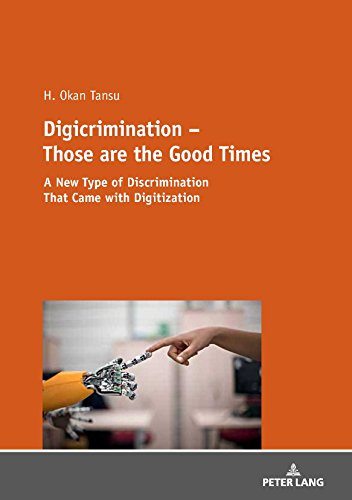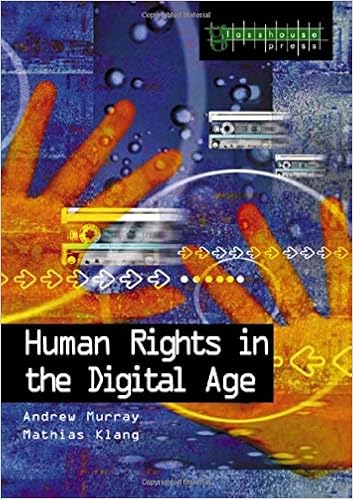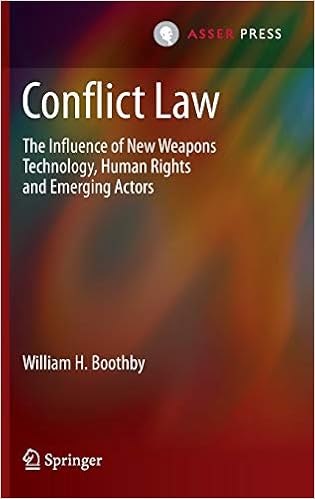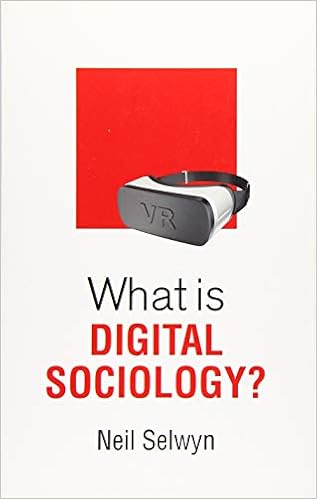Top 8+ Books On Technology And Human Rights (2023)
Human rights have never been more controversial – people are offended by everything and anything you can say is likely to offend someone. While there are a few exaggerated aspects of human rights, the truth is this topic is extremely sensitive. Throw in the evolution of technology too and things can go in infinite directions – from cyber discrimination to bullying.
Technology also altered the way we work, and since the age of AI is almost here, we have a clear vision that labor structure will change drastically.
All in all, whether you need some interesting points of view or you want to understand this aspect better, here are some of the best books on technology and human rights. We examine this complex topic from the standpoint of sociology, technology and law.
What Are The Top Books on Technology and Human Rights?

We, the Data: Human Rights in the Digital Age, by Wendy H. Wong (2023)
We, the Data is a timely and important book that explores the intersection of human rights and technology in an age where data and AI play an increasingly dominant role in our lives.
The rise of big data and generative AI has brought about new challenges to privacy and human rights, such as the use of facial recognition technology and algorithmic bias. The book sheds light on these and other important topics, and how they relate to human rights.
It is interesting to see how the author addresses the role of governments and corporations in protecting human rights in a digital age. The responsibilities of these actors will likely be central to the discussion, as they have a significant impact on how data is collected, processed, and used.
The book touches on the idea of data sovereignty, and the right of individuals to control their personal data. This is an important concept in the digital age, where vast amounts of personal information are collected and used by companies and governments.
In conclusion, We, the Data is an insightful and thought-provoking examination of crucial topics, and it has important implications for the future of human rights in the digital age.

Digicrimination – Those Are The Good Times, by H. Okan Tansu
There are no doubts about it – the digital revolution is taking over. It can cause deep layers within the society and it brings in a new ecosystem that can both harm and boost the human rights. This book analyzes the modern digital ghetto and describes some of the potential solutions to ease things over the Internet, focusing on different lifestyles and relationships.
At the same time, the author tries to underline the aspects that took the world by storm and caused such problems – most of them made while joining the so called information age. Other than that, the discussion goes a bit further and questions whether or not the world is ready to face even more advanced technological innovations – some of them involving artificial intelligence.

Human Rights In The Digital Age, by Mathias Klang
The first digital computer ever was invented in 1939 – that was the official beginning of the digital age. However, things have obviously changed overtime and access to technology has been eased for every member of the society. In fact, technology has an extraordinary influence over people's lifestyles and choices.
This book analyzes how the digital technology has undermined the human rights. In a world where digital freedom seems to take over, people reinterpret human rights in different ways. There are limitations and rights that many people forget about. The legal field is adapting, indeed, but there is a constant need for new solutions.

Resistance, Liberation Technology And Human Rights In The Digital Age, by Giovanni Ziccardi
Giovanni Ziccardi's work is among the best books on technology and human rights (sociology). This book brings in a bunch of legal issues regarding the modern digital resistance groups, as well as human rights, liberation technology and other similar aspects. It underlines the relationships between all these apparently different concepts.
You get to find out more about different types of authorities in the digital field, as well as digital dissidents and their work over the Internet. The concept of hacktivism is also explained, as well as new types of politics that seem to affect the entire world. As if all these were not enough, the radical transparency is also discussed.

Conflict Law, by William H. Boothby
Topics in William H. Boothby's book cover a plethora of different ideas targeting weapons, digital technologies and human rights. Furthermore, the author takes his readers through modern conflicts, the influence of modern media and potential hostilities that may occur as legal environments and rules keep changing.
The book analyzes one thing at a time and comes up with a comprehensive conclusion that puts everything together. While it may sound complicated, it is actually written in an accessible manner and can provide some interesting points of view regardless of the education. It aims to focus on modern armed conflicts though.

What Is Digital Sociology?, by Neil Selwyn
Digital sociology is a new thing today, but it requires serious consideration because it aims to change the world you live in. Modern digitalized societies have come up with new solutions to redefine the social and the trends keep changing on a regular basis. The author examines all the trends, practices and concepts associated with it.
The book is split into five big chapters and each of them analyzes the digital approach over human rights and sociology. Digital race discussions are also mentioned, as well as digital labor. Digital scholarships could not have missed either. All in all, no matter what your opinion is, this book will definitely open your eyes.

I Love It When You Talk Retro, by Ralph Keyes
This book could be described as a masterpiece that will certainly bring back some nostalgic moments – depending on your age, of course. Today's kids have no idea what Watergate is about or what being stuck in a groove means.
The book underlines the evolution of expression and words in the age of technology, but it also explains some terms that you may have heard while talking to your parents or grandparents. It is definitely a journey for those who can enjoy some spicy and obscure references.

Lost In The Meritocracy, by Walter Kirn
At a first glance, Walter Kirn's book does not seem to analyze the digital age or human rights too much. In fact, it is written as a memoir that describes his journey through the American education mechanism – all the way to university.
The book is considered one of the best books of 2009 though because it shows the influences of human rights in a digital era. It is an interesting approach that does not describe any points of view, but it tells a story and lets you draw the conclusion yourself.

Bit By Bit, by Matthew J. Salganik
If you enjoy those Netflix documentaries about the evilness of social media, you will love this book. The author describes the way social media and smartphones can collect data about the human behavior and influence certain decisions.
The social behavior will unlock new ways to operate. While the digital revolution transforms all these things, people can still find their way back. People can still gain control, despite of how fast this age evolves.
Final Thoughts on Books about Human rights in Digital Age
Bottom line, these are some of the best books on technology and human rights if you are concerned about the modern system and the way your life is directly influenced by numerous factors in the information age.
Check out also our top books on human rights in general.
My profession is online marketing and development (10+ years experience), check my latest mobile app called Upcoming or my Chrome extensions for ChatGPT. But my real passion is reading books both fiction and non-fiction. I have several favorite authors like James Redfield or Daniel Keyes. If I read a book I always want to find the best part of it, every book has its unique value.







